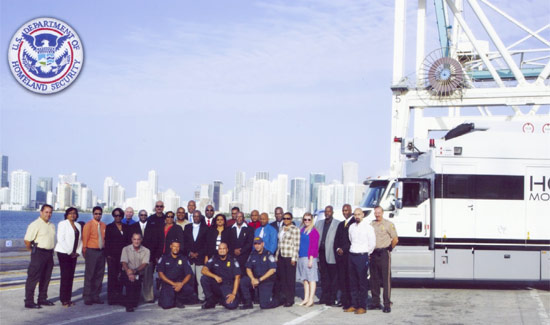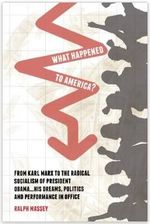Last Thursday, Bay Area Rapid Transit (BART), a San Francisco-area transit agency, blocked cellphone service to four downtown stations over concerns that social media might be used to coordinate a looming protest.
The move received nationwide condemnation from various groups, including two that you usually do not see on the same side of issues.
The hacktivist group Anonymous has called BART’s actions “censorship” and reportedly attacked BART’s website on Sunday. They also organised a protest for Monday that literally crippled the transit system.
And the Federal Communications Commission (FCC), who you would never think would align themselves with Annonymous, is also critical of BART’s actions.
The National Journal is reporting that the FCC has released a statement indicating they will be launching a probe into the incident, saying, “anytime communications services are interrupted, we seek to assess the situation.”
The San Francisco Chronicle feels that BART’s interruption of cell phone service was illegal.
The Christian Science Monitor published an article saying, “If anything, BART’s move to preempt the Aug. 11 demonstration has raised the stakes. The original protest was centered on the death of a homeless man, shot by BART police last month during an altercation at a subway station.
“But Monday’s event has broadened to encompass what BART’s many critics call censorship, overreach, and tactics akin to those used by Egyptian President Hosni Mubarak as he tried to cling to power amid the Arab Spring uprising.”
Lynette Sweet, who serves on BART’s board of directors, told The Associated Press, “We really don’t have the right to be this type of censor.
“In my opinion, we’ve let the actions of a few people affect everybody. And that’s not fair.”



